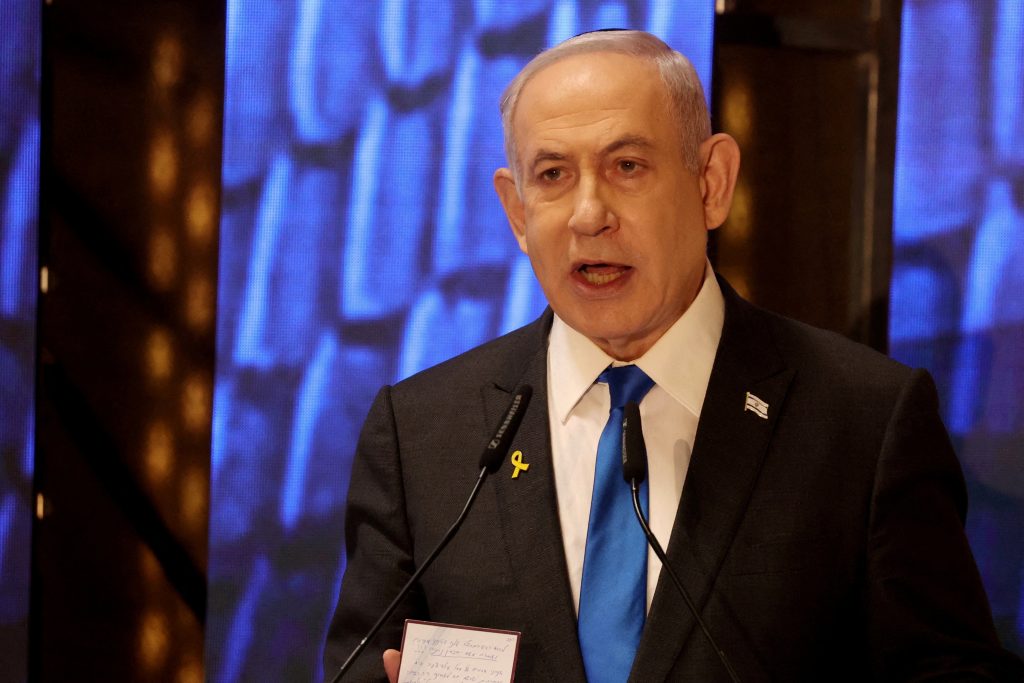Negotiations in Qatar to broker a ceasefire in Gaza and secure a prisoner exchange between Israel and Hamas resumed on Thursday. However, four critical conditions set by Israeli Prime Minister Benjamin Netanyahu have raised concerns about the talks’ success.
The discussions are being mediated by Qatar, Egypt, and the United States, with high-level officials such as US CIA Director William Burns, Egyptian Intelligence Chief Abbas Kamel, and Qatari Prime Minister Mohammed Bin Abdulrahman Al Thani in attendance. Israel’s delegation is led by Mossad Chief David Barnea, while Hamas has stated it will only participate if Israel commits to implementing a proposal backed by US President Joe Biden.

Netanyahu’s four key conditions could derail the negotiations:
- Preventing Armed Crossings: Israel insists on a mechanism to stop armed Palestinians from crossing the Netzarim Crossing in Gaza. This condition has complicated efforts to reach an agreement.
- Control Over the Philadelphi Corridor and Rafah Border: Netanyahu wants Israel to maintain control over the Philadelphi Corridor and the Rafah crossing between Gaza and Egypt, key areas for both movement and security.
- Details on Israeli Prisoners: Israel demands a full accounting of Israeli prisoners held in Gaza, insisting on their release in exchange for Palestinian prisoners. Hamas holds an estimated 115 Israeli prisoners, while Israel detains around 9,500 Palestinians.
- Selection and Deportation of Prisoners: Netanyahu seeks the right to reject specific Palestinian prisoners from release and insists on deporting freed prisoners outside of Palestine, a condition Hamas strongly opposes.
These conditions threaten to stall the talks, despite international pressure for a ceasefire following months of Israeli bombardment in Gaza. Israel’s onslaught in Gaza since the 7 October 2023 Hamas attack has resulted in over 40,000 deaths, mostly women and children, and caused widespread destruction across the enclave. Despite a UN Security Council resolution calling for an immediate ceasefire, Israel’s military operations continue, with criticism mounting globally.
The negotiations, facilitated by Qatar, Egypt, and the US, represent a critical juncture, with international mediators stressing the urgency of an agreement. However, Netanyahu’s demands and internal political pressures in Israel, including opposition from far-right ministers, have made the outcome of the talks uncertain.


